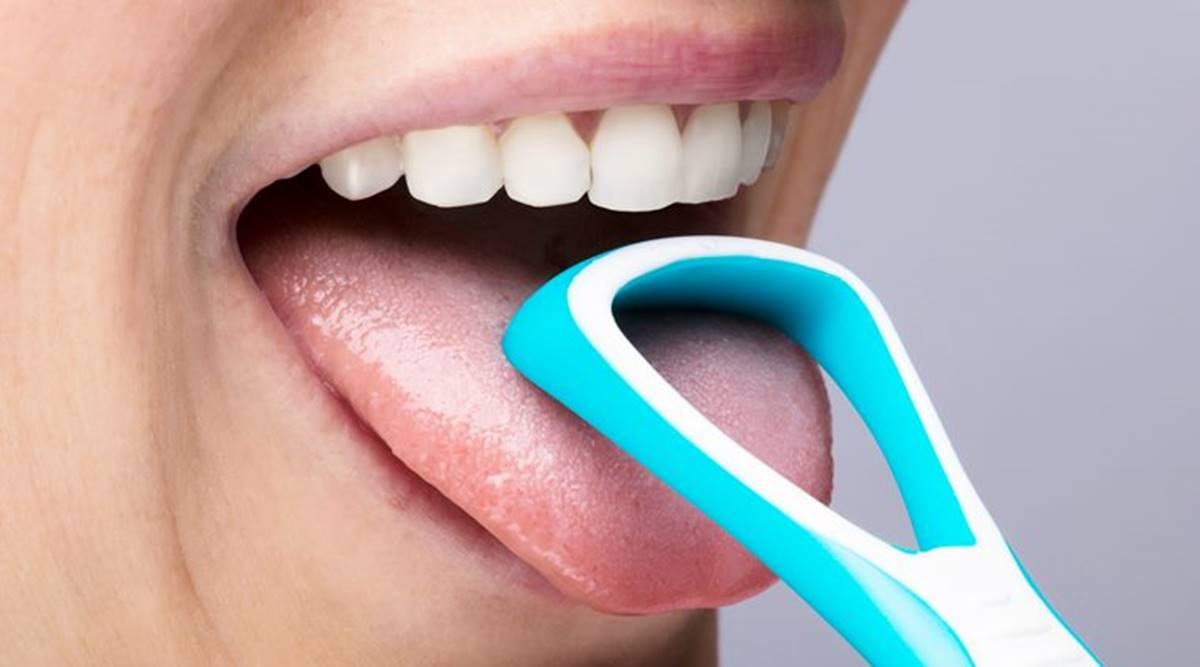The diseases of the tongue are usually an indication of a much bigger problem. In general, a tongue is pink or slightly white with a shiny coating and moist. Any variation from this description indicates some problem. Whenever you visit a physician, he uses a tongue depressor to check your tongue. Thus, it is essential to be alert about your tongue’s health. Here are the common tongue diseases and the underlying problems that create those diseases.
Table of Contents
Diseases of the tongue that turn it white
A tongue is mildly white, but it could be due to several reasons if it is too white. The most common reason for a white tongue is bacterial buildup. Due to the accumulation of debris on the tongue, bacteria might create a coat, which would look white. Prolonged illness, where the individual speaks or eats significantly less, could lead to a white tongue. Dehydration or dryness also causes a white tongue. The severe diseases of the tongue that one should worry are chronic inflammation, oral thrust, and tongue infection. These diseases have the presence of a white tongue or patches of white with or without irritation.
Diseases of the tongue that turn it red
Some have naturally a reddish tongue, which is, although uncommon, it is normal. The tongue tends to turn red if one eats any acidic food, red-colored food, and so on. This change is a temporary one. A raspberry red colored tongue can be a disease called the strawberry tongue, an acute sign of vitamin deficiency, scarlet fever, or Kawasaki disease. Among the conditions of the tongue that turns it red, leukoplakia is uncommon and very severe.
In the case of erythroleukoplakia, the tongue turns red and white (in patches). This condition is premalignant and increases the risk of cancer. If the red patches do not disappear or grow in size, it is important to get a medical opinion immediately.
Diseases of the tongue that turn it black
Although it is horrifying to look, a black tongue usually indicates simple disorders. The most common reasons for a black tongue are smoking, certain medications, dry mouth, and poor hygiene. A blackened tongue with elongated papillae (black hairy tongue) is due to bacterial buildup in the mouth. This change is common in those who use antibiotics.
Diseases that causes the tongue to swell
Enlargement or swelling of the tongue (macroglossia) might be due to medications, allergy, or injuries. Also, in the case of amyloidosis, the tongue increases in size. It is essential to treat the underlying problem to reduce the swelling. In most cases, a swollen tongue is not a danger by itself. However, some allergic reactions can cause too much swelling that obstruct breathing. In such cases, immediate medical attention is crucial.
Some of the uncommon reasons for a swollen tongue are oral herpes, tumorous cancer, hypothyroidism, Kawasaki disease, sarcoidosis, etc. A swollen tongue is common in those with down syndrome too.
Small protuberance or growth on the tongue
A small nodule or growth in a specific tongue area is very common in individuals with traumatic fibroma. Chronic irritation is a side effect common in individuals with this condition. It is essential to perform an excisional biopsy to understand the root cause of the growth. In some cases, the doctors recommend excising the lesion completely from the tongue.
Diseases that cause smooth tongue
The tongue is not smooth to touch. If the tongue looks smooth, it could be due to food burn, which should turn back to normal in a couple of days. However, a smooth tongue is an indication of deficiency in folate, iron, and vitamin B12. Those who use dentures tend to have a smoother tongue. Geographic tongue is a condition that also causes a smooth tongue. This disease makes the individual very sensitive to acidic or spicy food.
Diseases that cause fissures in the tongue
A fissured tongue is very common in old ages. There is no medical treatment for this condition. However, one should take extra care to avoid food debris accumulating in the tongue, leading to inflammation. Other conditions that cause fissured tongue are Down syndrome, psoriasis, Sjogren’s syndrome, and acromegaly.
What causes pain in the tongue?
Temporary pain could be due to accidental biting, food burn, or other external injuries. It could be due to ineffective dental work, anemia, ulcer, oral herpes, or neuralgia in case of prolonged pain. Yellow tongue with pain is an indication of canker sores. Herpes and canker sores would look similar, but canker sores will disappear within a week or two without treatment.
What causes change in sensation in the tongue?
Paresthesia, an altered sensation in the tongue, might be due to lingual nerve damage common during wisdom teeth removal. Usually, the nerve repairs in 6 -12 months. If not, talk to a doctor about improvement surgery. Change in taste or dysgeusia could be due to chemotherapy, radiation, gum diseases, flu, or the common cold. Chronic dry mouth due to a reduction in saliva secretion and cigarette smoking can change the taste.
Why is it important to care for your tongue?
2% of the cancers in the USA are oral cancers. Those who are older than 40, use tobacco or alcohol are more likely to get oral cancer. In the past decade, the incidence of oral cancer is increasing. It is important to detect cancer at an early stage to avoid complications. Many fungal infections and nutritional deficiencies can first appear as a tongue condition. Thus, it allows for proactive care or preventive method.
Abnormality in the tongue does not always mean high-risk diseases. Clean your tongue after every meal, and eat healthy food. If you find any anomalies, talk to a doctor immediately. Any general tongue problem needs the medical advice of a dentist. In the case of lesion or growth in the tongue, talk to an otolaryngologist (ENT)or oral surgeon. In the case of cancer-like sores or lesion, talk to an oncologist.

